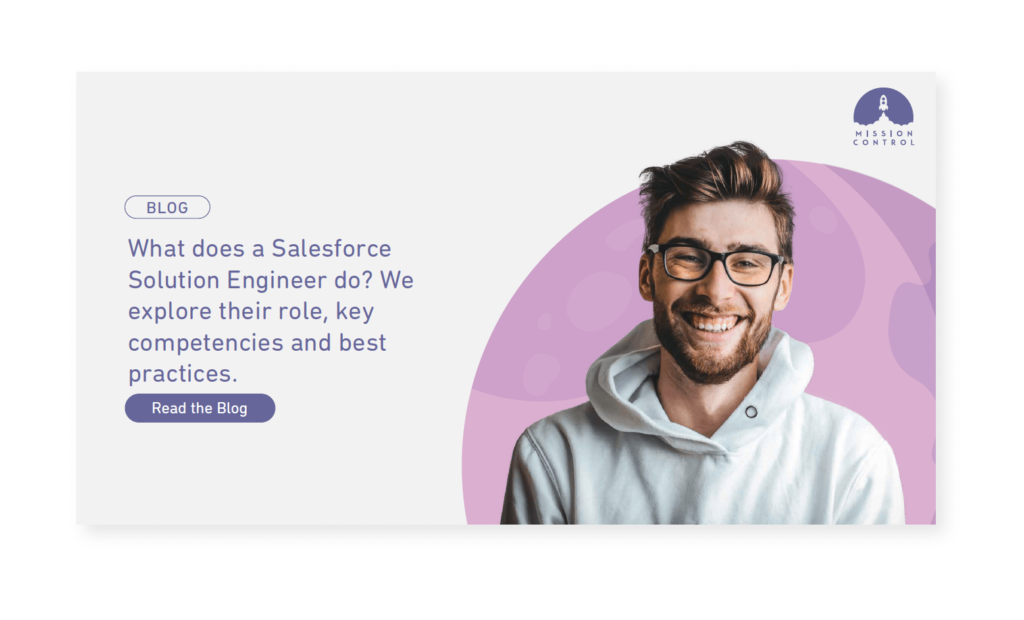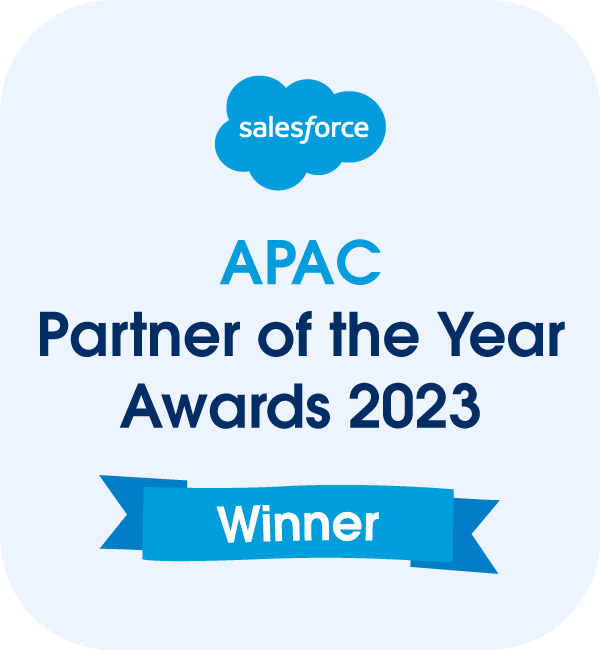Introduction:
Salesforce Solution Engineers play a pivotal role in the success of businesses leveraging Salesforce as their Customer Relationship Management (CRM) platform. As a linchpin between the sales and technical teams, these professionals are responsible for translating complex business requirements into innovative and effective Salesforce solutions. In this comprehensive exploration, we will delve into the multifaceted role of a Salesforce Solution Engineer, uncover the key competencies required for success in this position, and elucidate best practices that distinguish top performers in the field.
I. Understanding the Role:
A. Overview of Responsibilities:
- Solution Design and Architecture: One of the primary responsibilities of a Salesforce Solution Engineer is to design solutions that align with the unique needs of clients. This involves understanding business processes, identifying pain points, and creating scalable and efficient Salesforce architectures.
- Client Collaboration: Salesforce Solution Engineers act as liaisons between the technical and non-technical stakeholders. They engage with clients to comprehend their objectives, challenges, and expectations, ensuring that the proposed solutions meet their business goals.
- Technical Demonstrations: A crucial aspect of the role is the ability to showcase the capabilities of Salesforce through compelling demonstrations. This involves illustrating how the platform can address specific client requirements and deliver tangible value.
- Pre-sales Support: Solution Engineers actively contribute to the pre-sales process, collaborating with the sales team to craft proposals, respond to Requests for Proposals (RFPs), and participate in client presentations. They must articulate the technical aspects of the solution in a way that resonates with the client’s business objectives.
- Product Expertise: Staying abreast of the latest Salesforce features and updates is imperative. Solution Engineers need to be product experts, understanding the nuances of Salesforce’s extensive suite of tools and how they can be tailored to meet diverse business needs.
B. Key Competencies Required:
- Technical Proficiency: A strong foundation in Salesforce architecture, configuration, and customization is non-negotiable. Solution Engineers must be adept at leveraging declarative tools like Process Builder and Flow, as well as understand Apex and Lightning components for more complex customizations.
- Communication Skills: The ability to convey complex technical concepts to both technical and non-technical audiences is paramount. Whether in client meetings, presentations, or documentation, effective communication is a cornerstone of success.
- Problem-solving Aptitude: Given the dynamic nature of client requirements, Solution Engineers must possess excellent problem-solving skills. This involves the ability to analyze business processes, identify pain points, and architect solutions that address specific challenges.
- Sales Acumen: While not salespeople per se, Solution Engineers play a pivotal role in the sales process. Understanding client needs and positioning Salesforce solutions as the ideal fit requires a keen understanding of sales dynamics.
- Adaptability: The Salesforce ecosystem evolves rapidly. Solution Engineers must be adaptable and willing to continuously upskill to remain at the forefront of technological advancements within the platform.
II. Best Practices for Salesforce Solution Engineers:
A. Collaboration and Cross-functional Communication:
- Integration with Sales Teams: Establishing a seamless collaboration with the sales team is critical. Regular communication ensures that the technical and sales aspects of the solution align, leading to cohesive client interactions.
- Cross-functional Training: To enhance collaboration, Solution Engineers should invest in understanding the broader business context. Training in sales methodologies and business strategy equips them to contribute meaningfully to discussions beyond the technical realm.
B. Effective Solution Design and Architecture:
- Holistic Requirement Analysis: A deep understanding of client requirements is foundational to effective solution design. Solution Engineers should engage in thorough requirement analysis, working closely with clients to uncover hidden needs and potential future considerations.
- Scalability and Future-proofing: Designing solutions that not only meet current needs but are also scalable for future growth is a best practice. Anticipating the client’s trajectory and building flexibility into the architecture can prevent costly redesigns down the line.
C. Continuous Learning and Certification:
- Salesforce Certifications: Regularly pursuing and maintaining Salesforce certifications is a best practice. This not only validates the Solution Engineer’s expertise but also ensures they are well-versed in the latest features and best practices endorsed by Salesforce.
- Industry-specific Knowledge: Beyond Salesforce, gaining insights into the industries in which clients operate is invaluable. Solution Engineers who understand industry nuances can tailor solutions more effectively, contributing to client success.
D. Client Relationship Management:
- Client Education: Empowering clients with a deep understanding of the Salesforce solutions proposed is crucial. This involves not only addressing current concerns but also educating clients on how to maximize the value of their Salesforce investment.
- Proactive Communication: Keeping clients informed about the progress of solution implementation, potential challenges, and opportunities for optimization fosters a transparent and trusting relationship. Proactive communication is key to client satisfaction.
Conclusion:
In the realm of Salesforce, Solution Engineers serve as the bridge between technical excellence and client success. Through a combination of technical prowess, effective communication, and strategic thinking, these professionals contribute significantly to the growth and satisfaction of Salesforce users. By adhering to best practices and continuously evolving their skill set, Salesforce Solution Engineers position themselves as indispensable assets in the ever-evolving landscape of CRM solutions.
Mission Control is a native Salesforce PSA solution. We work with hundreds of Salesforce SEs (Solution Architects) across the globe on thousands of different client projects. Typically Salesforce Solution Architects will work with us on gathering client requirements and then translating complex business requirements into innovative and effective Salesforce solutions. If you’re a Salesforce Solution Architect you can explore our Salesforce Toolkit, or if you are a Salesforce or Mission Control prospect take a closer look at our platform through our demo request form.




